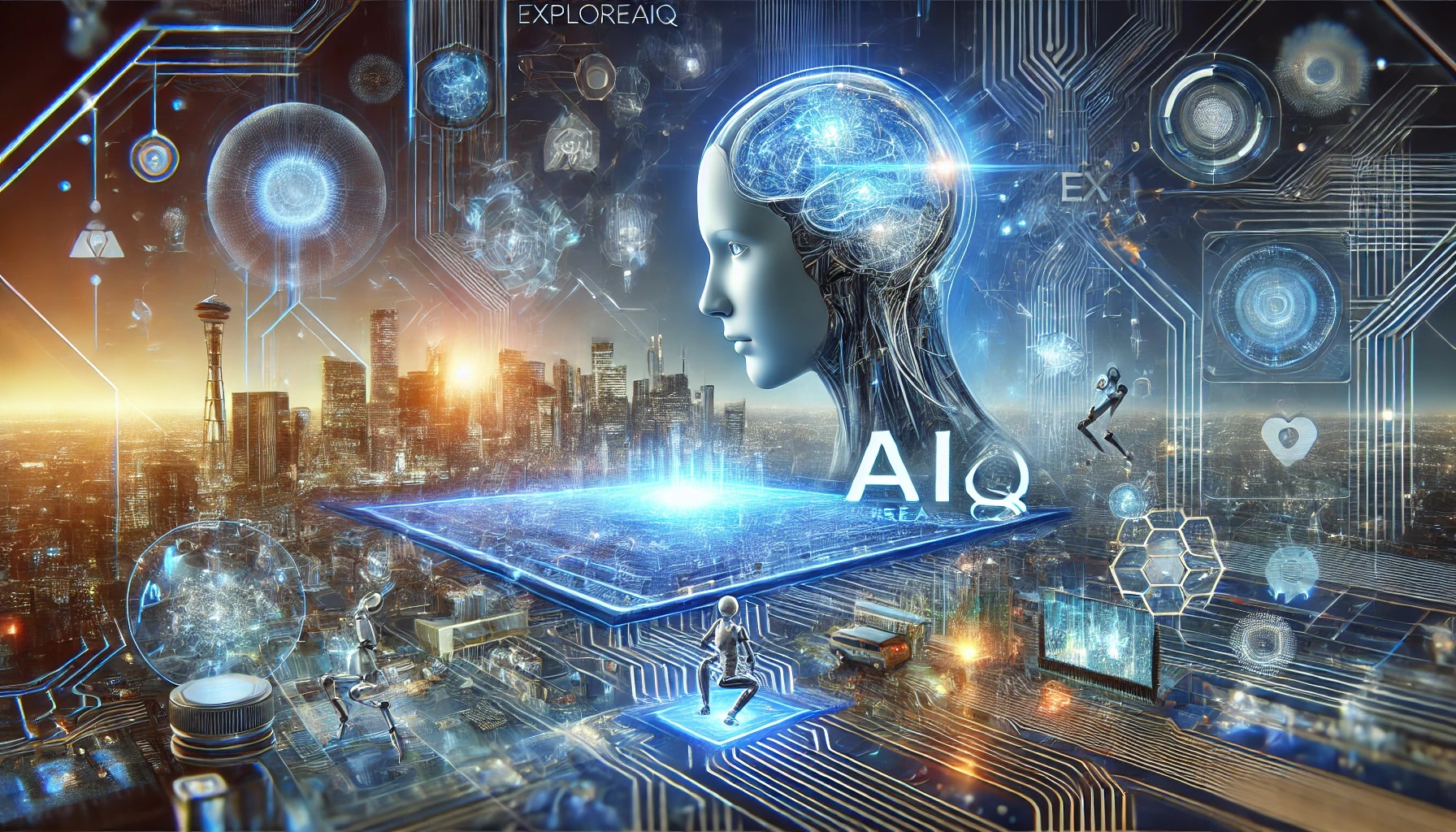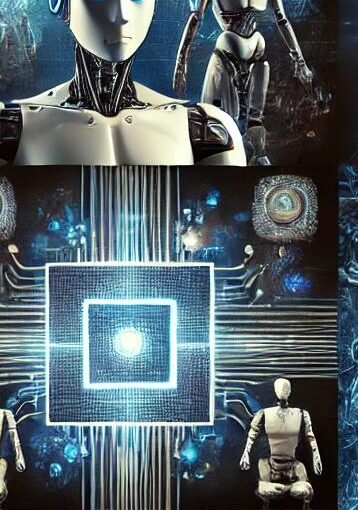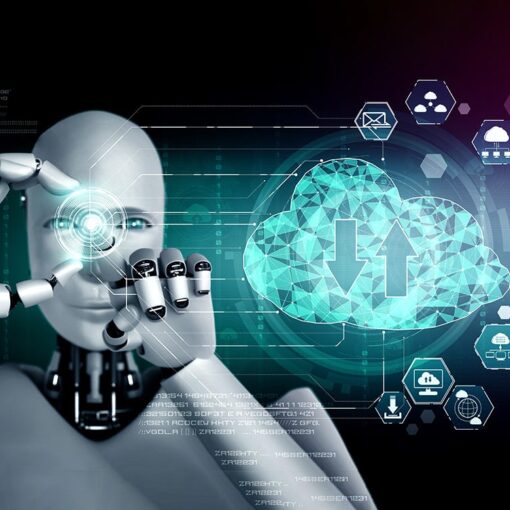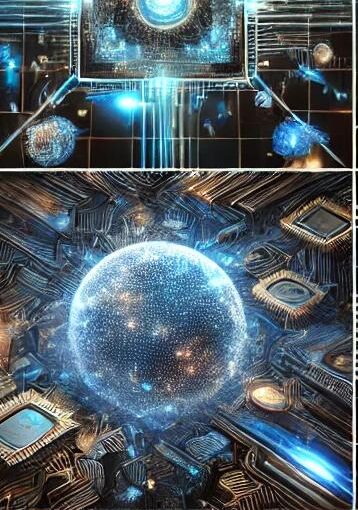Redefining Creativity and Experiences
Introduction: Entertaining the AI Way
The entertainment industry is embracing Artificial Intelligence (AI) to create immersive, interactive, and personalized experiences for audiences worldwide. From generating scripts to producing lifelike animations and enabling dynamic user engagement, AI is redefining creativity and transforming how we consume and interact with entertainment.
In this installment of the AI Terminologies Series, we’ll explore how AI is shaping the future of entertainment, its innovative applications, and the opportunities it offers for creators and consumers alike.
1. AI in Content Creation
AI’s Role:
AI assists in generating and refining creative content, from writing scripts to designing visuals and producing music.
Applications:
- Scriptwriting: AI tools analyze plot patterns and suggest storylines or dialogue.
- Music Composition: AI generates original tracks tailored to specific moods or themes.
- Animation and Visual Effects: AI simplifies animation workflows and creates realistic visual effects.
Example:
OpenAI’s GPT models are used to draft movie scripts, while platforms like Jukedeck generate royalty-free music.
2. Personalized Recommendations
AI’s Role:
AI analyzes user behavior to recommend content that aligns with individual preferences.
Applications:
- Streaming Platforms: Suggests shows, movies, and music based on viewing or listening habits.
- Dynamic Playlists: AI curates playlists that adapt to user preferences and moods.
- Interactive Content: Offers personalized storylines in games or interactive films.
Example:
Netflix’s recommendation engine uses AI to drive engagement, accounting for over 75% of viewer activity.
3. AI in Gaming: Smarter, Immersive Experiences
AI’s Role:
AI enhances gaming experiences by creating adaptive, realistic, and engaging environments.
Applications:
- Dynamic NPCs: AI-driven non-player characters (NPCs) adapt to player behavior.
- Procedural Content Generation: AI generates unique maps, levels, or quests in real-time.
- Game Testing: AI automates bug detection and performance optimization.
Example:
AI in Ubisoft’s “Watch Dogs” series creates realistic, interactive NPCs that enhance gameplay immersion.
4. Virtual and Augmented Reality (VR/AR)
AI’s Role:
AI enhances VR and AR technologies to create lifelike, interactive virtual experiences.
Applications:
- Realistic Simulations: AI generates realistic 3D environments for VR experiences.
- AR Filters: AI-powered filters for social media platforms like Snapchat and Instagram.
- Training and Education: AI-powered VR simulations for skill development or interactive storytelling.
Example:
AI powers AR filters in apps like TikTok, enabling users to transform their surroundings creatively.
5. Enhancing Live Performances
AI’s Role:
AI transforms live performances by incorporating real-time audience feedback and dynamic visual effects.
Applications:
- AI-Powered Light Shows: Synchronizes visuals with live music.
- Holograms: AI creates realistic holographic performances of artists.
- Audience Interaction: AI tracks audience reactions to adapt performances in real-time.
Example:
Hatsune Miku, a virtual pop star, uses AI and holography to perform live concerts worldwide.
6. Real-Time Translation and Accessibility
AI’s Role:
AI bridges language and accessibility gaps, making entertainment more inclusive.
Applications:
- Subtitling and Dubbing: AI provides real-time subtitles and voice translations.
- Audio Descriptions: AI narrates visual elements for visually impaired audiences.
- Speech-to-Text: AI creates transcripts of live events or recorded content.
Example:
YouTube’s auto-captioning feature uses AI to generate real-time subtitles for videos.
7. AI in Marketing and Distribution
AI’s Role:
AI optimizes the promotion and distribution of entertainment content.
Applications:
- Audience Insights: AI analyzes viewer data to target specific demographics.
- Predictive Analytics: Forecasts box office success or streaming performance.
- Content Monetization: AI suggests pricing models for subscriptions or pay-per-view.
Example:
Disney uses AI to analyze audience engagement and predict the success of its movie trailers.
8. Interactive Storytelling and AI-Powered Creativity
AI’s Role:
AI enables interactive narratives where audiences can influence story outcomes.
Applications:
- Choose-Your-Own-Adventure Content: Viewers decide plot directions in real-time.
- Collaborative Creativity: AI assists creators in brainstorming and refining ideas.
- Procedural Storytelling: AI generates branching narratives based on user input.
Example:
Netflix’s interactive movie “Bandersnatch” uses AI to deliver multiple storylines based on viewer choices.
Challenges of AI in Entertainment
- Ethical Concerns:
- Ensuring fair use of AI-generated content and avoiding misuse like deepfakes.
- Creativity Constraints:
- Striking a balance between human creativity and AI automation.
- Data Privacy:
- Protecting user data used for personalized recommendations.
- Access Barriers:
- Ensuring that advanced AI technologies are accessible to smaller creators.
Solutions:
- Implement ethical guidelines for AI-generated content.
- Use encryption to protect user data.
- Promote open-source AI tools for independent creators.
Future Trends in AI for Entertainment
- Hyper-Personalized Experiences:
- AI will create entirely unique content tailored to individual preferences.
- AI-Generated Films and Music:
- AI will produce feature-length movies and chart-topping songs autonomously.
- Metaverse Entertainment:
- AI will power immersive, interactive experiences in virtual worlds.
- Cross-Cultural Content Creation:
- AI will make it easier to adapt content for diverse audiences globally.
How Creators Can Leverage AI in Entertainment
- Experiment with AI Tools:
- Use platforms like RunwayML for video editing or Amper Music for composition.
- Collaborate with AI:
- Integrate AI into the creative process for brainstorming or storyboarding.
- Engage Audiences:
- Use AI to analyze viewer feedback and refine content accordingly.
- Stay Ethical:
- Ensure transparency when using AI for content creation.
Conclusion: Lights, Camera, AI!
AI is revolutionizing entertainment by enhancing creativity, personalizing experiences, and making content more accessible. As AI technologies continue to evolve, they will enable creators and audiences to connect in unprecedented ways, blurring the lines between reality and imagination.
Stay tuned to Explore AIQ as we continue exploring how AI is shaping industries and transforming our world for the better.




